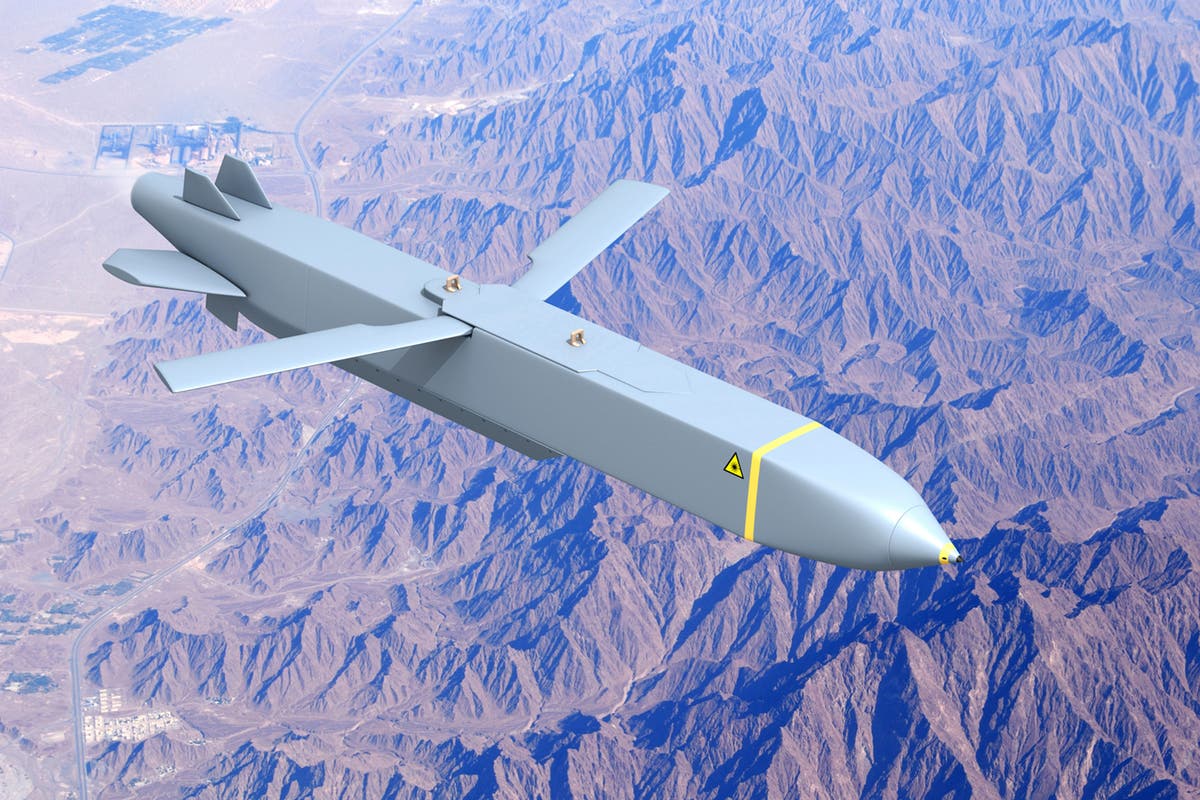Ukraine has fired British long-range Storm Shadow missiles into Russian territory for the first time, The Independent understands, the latest sign of a change in stance from Western countries on involvement in the conflict.
Images circulating online appear to show fragments of Storm Shadow missiles in Russia’s Kursk region – the border area into which Ukrainian forces staged a surprise assault in August, taking a swathe of territory they still hold.
Approval for the use of the weapons is believed to have been given in response to the deployment of more than 10,000 North Korean troops in Kursk alongside Russian troops, in what UK and US officials have warned is a major escalation of the war.
On the Telegram messaging app, pro-war Russian accounts posted video they claimed to include the sound of missiles striking in the Kursk region. At least 14 huge explosions can be heard, most preceded by the sharp whistle of what sounds like an incoming missile. The footage, shot in a residential area, showed black smoke rising in the distance.
The pro-Russian Two Majors Telegram channel said Ukraine had fired up to 12 Storm Shadows into the Kursk region, and carried pictures of missile fragments said to have come from Storm Shadows.
Kyiv has long lobbied for permission to use Storm Shadow missiles in Russia, as it seeks an increase in Western military support to counteract Vladimir Putin’s forces advancing on multiple fronts across Ukraine. And pressure has mounted with the US presidential election victory of Donald Trump, with fears he may cut off military and financial aid to Ukraine when he takes office in January.
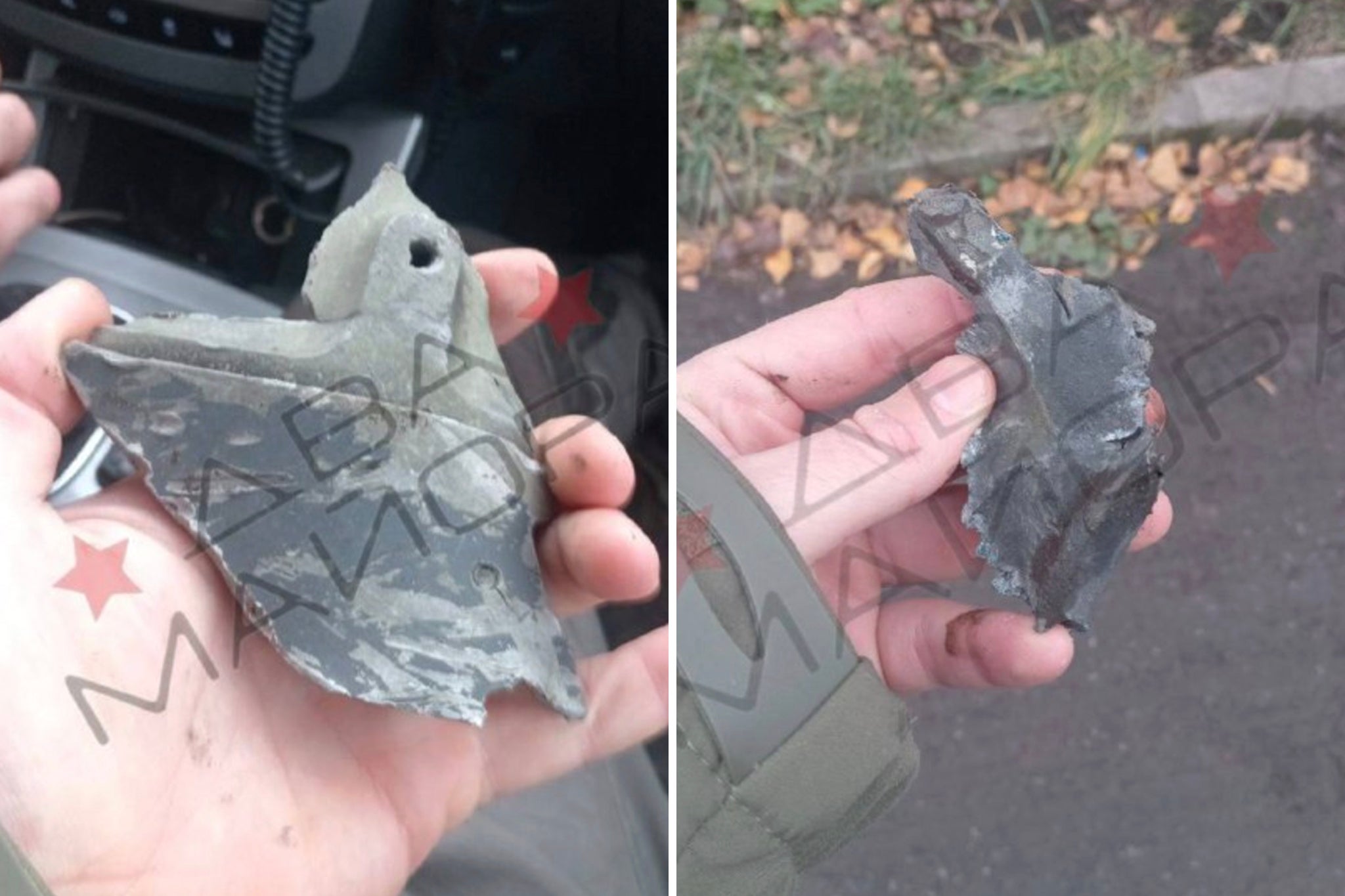
Western countries resisted these lobbying efforts until the past few days, when US president Joe Biden gave Kyiv the green light to use American-made ATACMS missiles beyond the Russian border. However, in September, Sir Keir Starmer made a surprise trip to the White House where the potential use of the Storm Shadow missiles was discussed.
Addressing the Commons after a point of order, defence secretary John Healey did not deny that the missiles had been used, saying he could not “go into any further operational details”.
But he noted: “We as a nation and government are doubling down on our support for Ukraine” and that “Ukraine’s action on the battlefield speaks for itself”.
It came just moments after Mr Healey had explained to MPs why he was scrapping military equipment in a series of cuts to save £500m from the defence budget, leaving questions about how prepared the UK military is for war.
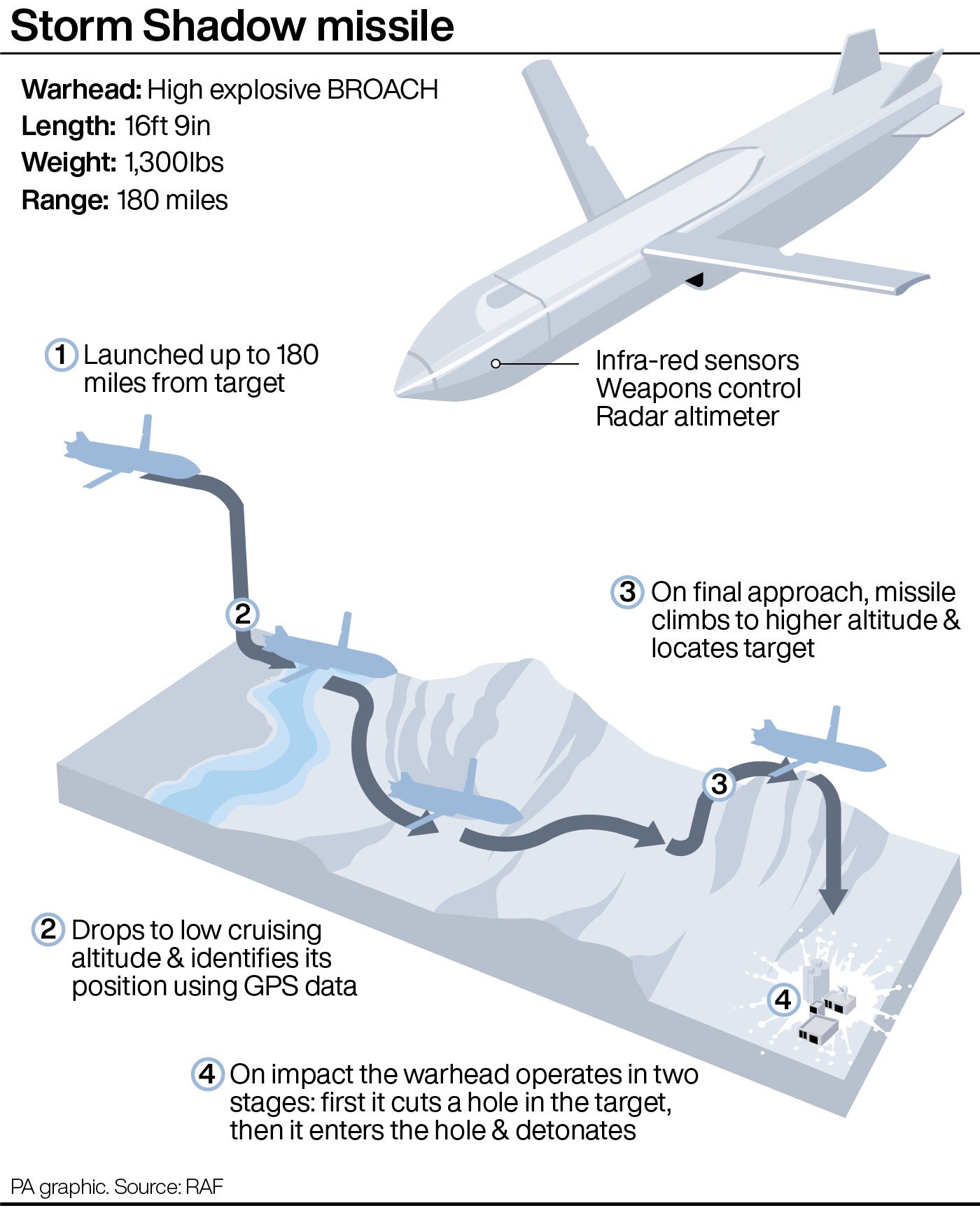
Among the items being cut are Britain’s last two amphibious assault craft, HMS Bulwark and HMS Albion; 14 Chinook helicopters; 17 Puma helicopters; the Watchkeeper MK1 drones; and the frigate HMS Northumberland.
With the ongoing strategic defence review he warned that “this will not be the last time I will need to make difficult decisions”.
The Tories claimed that the cuts were because Labour had refused to increase defence spending to 2.5 per cent of GDP and demanded that discarded equipment should be offered to Ukraine.
Mr Healey also told MPs he had spoken in the last 24 hours to his Ukrainian counterpart.
Defence minister Rustem Umerov would not confirm reports that his country had used UK-made long-range missiles at a press conference but said Ukraine is “using all the means to defend our country”.
“We are not going [into] detail but we are just saying that we are capable and able to respond,” he added.
On Tuesday, the first US-supplied missile was fired, reportedly hitting an arms depot in the Bryansk region around 80 miles (130km) deep inside Russia. Moscow responded furiously, accusing the West of escalating the war.
In an apparent response, President Putin signed a long-planned revision to the country’s nuclear doctrine.
Sergei Lavrov, Russian foreign minister, said that long-range missiles to be fired into Russian territory “operated by American military experts” would be taken as a “new phase of the Western war against Russia and will react accordingly”, he said.
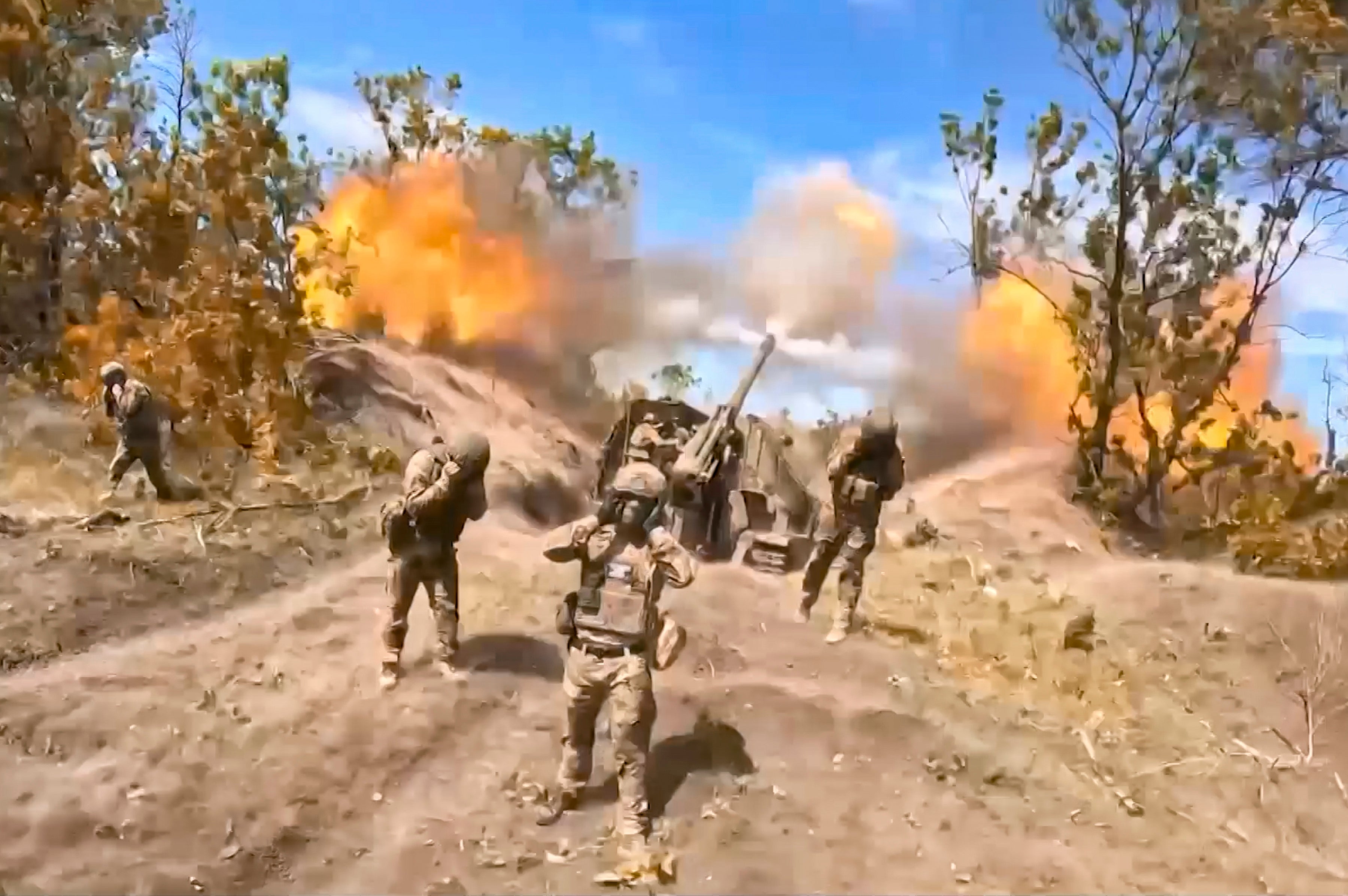
In an interview published on Wednesday, Russian foreign intelligence chief Sergei Naryshkin said that Moscow would retaliate against Nato countries that facilitate long-range Ukrainian missile strikes.
The Biden administration will also allow Ukraine to use American-supplied antipersonnel land mines to help it slow Russia’s battlefield progress in the war, the US defence secretary said on Wednesday, marking Washington’s second major policy shift in days. Lloyd Austin said the change follows shifting tactics by the Russian military. Russian ground troops are leading the movement on the battlefield, rather than forces in armoured carriers, so Ukraine has “a need for things that can help slow down that effort”, Mr Austin said during a trip to Laos.
Meanwhile, the US embassy in Kyiv closed temporarily on Wednesday, citing fears of a “significant air attack” – with Russia having stepped up its aerial assault on Ukrainian cities in recent days. The US Department of State Consular Affairs said: “The US embassy recommends US citizens be prepared to immediately shelter in the event an air alert is announced.”
The Italian and Greek embassies followed suit but the British, French, and German embassies remained open. UK science secretary Peter Kyle said Britain was monitoring the situation and “will do everything we can to keep British citizens safe”.
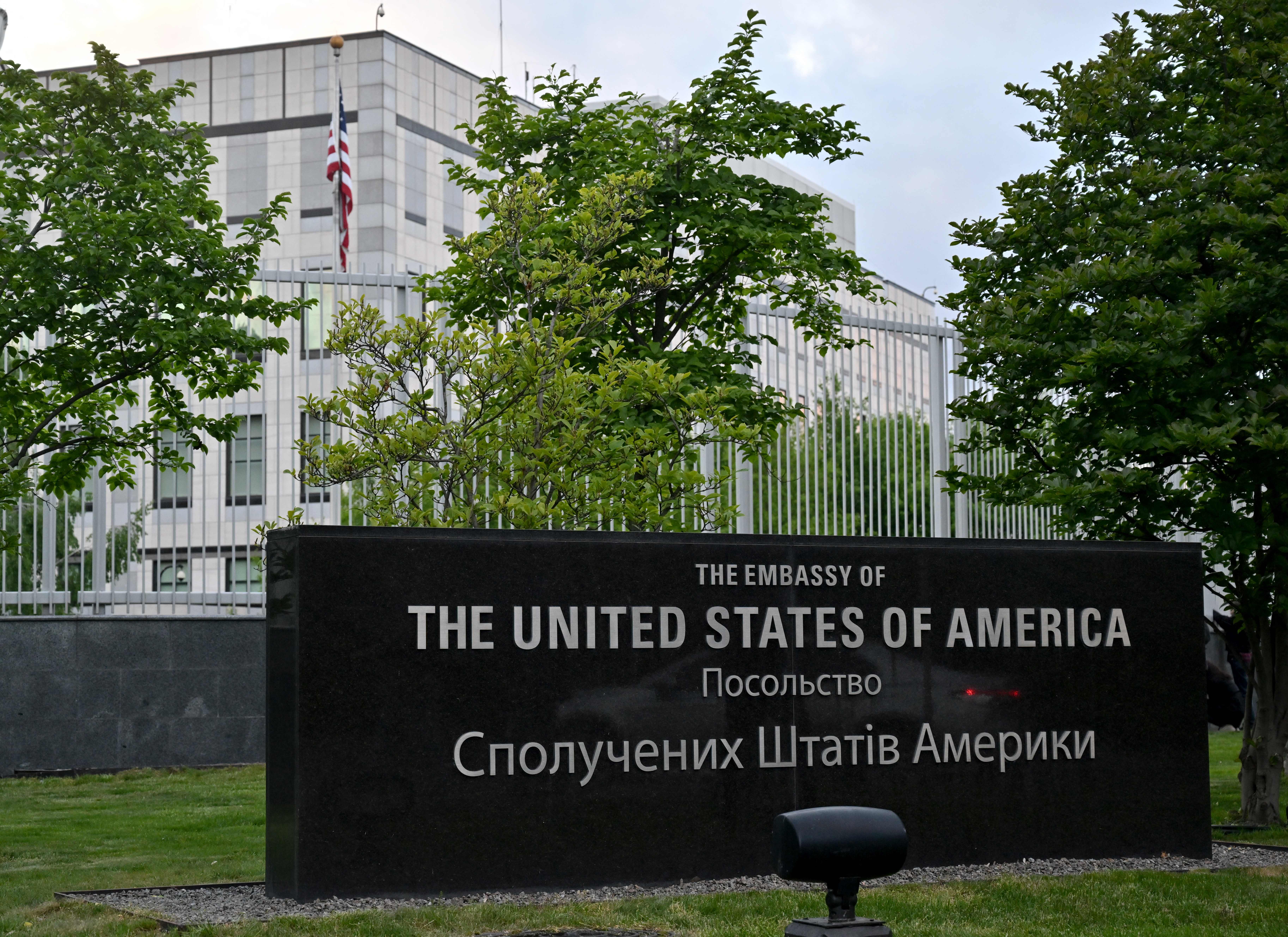
Later, Ukraine’s top spy agency claimed Russia was behind a fake warning about an imminent major Russian airstrike, spread online as part of what it described as psychological warfare.
“This message is a fake, it contains grammatical errors typical of Russian information and psychological operations,” said Kyiv’s Main Directorate of Intelligence.

